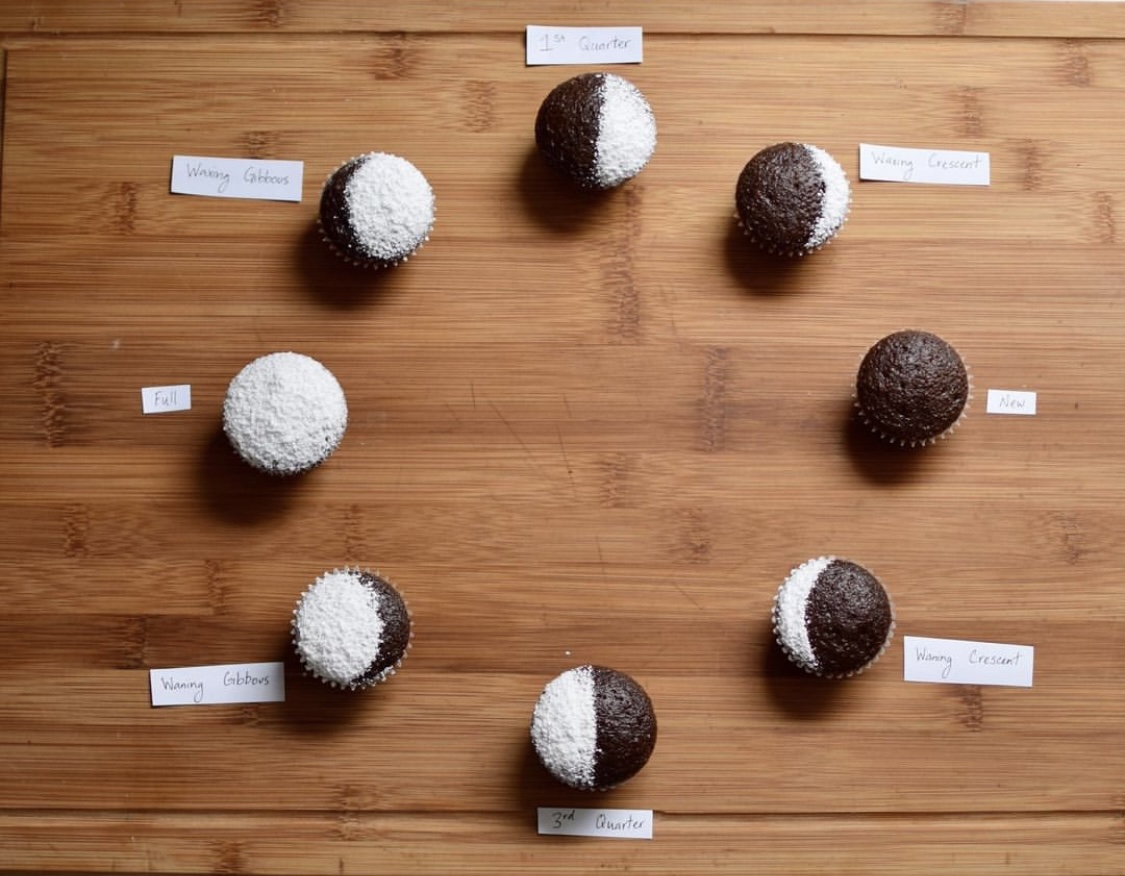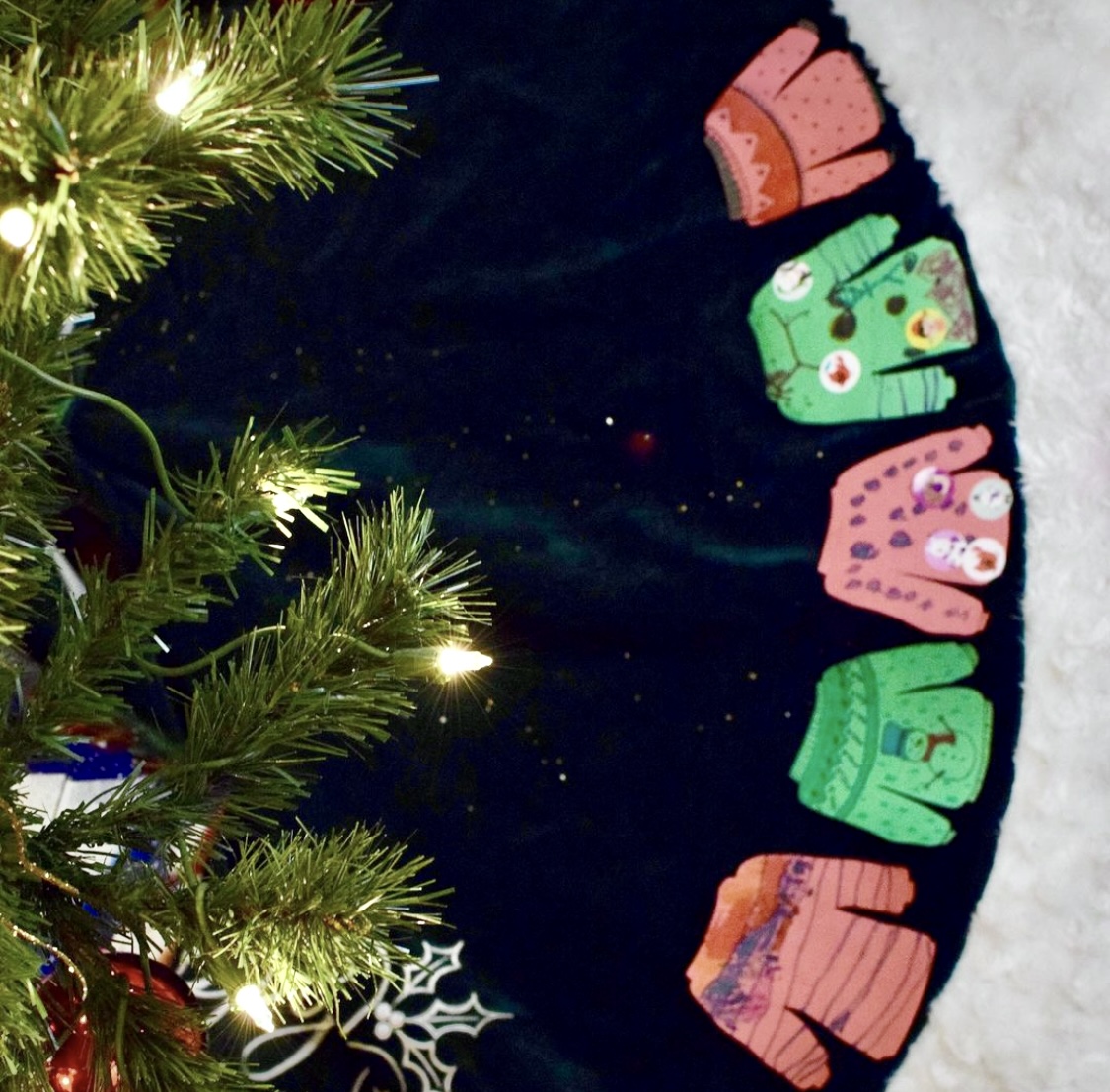
FPIES, other words known as Food Protein-Induced Enterocolitis Syndrome is a delayed gut allergic reaction to certain types of food. Like with all allergies, the triggers can differ greatly from person-to-person. One of the big differences with this type of food allergy is how delayed the reaction can be, usually the worst part of the reaction is happening while the body is digesting the food instead of an immediate reaction (like hives).
As with any medical concerns, I highly recommend talking to your pediatrician as well as a specialized children’s allergist when seeking answers on your child’s health. However, as a mama who’s gone through this journey with 2 different kiddos, I am happy to share our experiences and what I have found in my research with FPIES.
Since there isn’t a lot of information with food allergies in infants or with FPIES, it’s great when we can come together and share our experiences to help give one another perspective on what this looks like in the real world. I love our childrens’ medical teams, but there were so many questions that were left unanswered simply because they didn’t know or have any way to find out. So hopefully, you can learn from our experience as well as others, to find some answers on this crazy topic of food allergies with kiddos.
Signs of FPIES
- Vomiting, typically within 2-3 hours after eating
- Diarrhea or loose stools
- Dehydration
- Severe lethargy
- Blood in stools
- Persistent irritability
- Low blood pressure
- Loss of weight
- Failure to thrive
Keep in mind that all children are different and unique. Your child may experience their own range and intensity of these symptoms.
Common Trigger Foods
FPIES can present itself in the first few months of baby’s life or even later on as they start solid food. For us, we first noticed it within the first two months of bringing our baby home, who was exclusively breastfed. Some of the most common FPIES reactions in infants are caused by cow’s milk and soy; which can be passed through trace amounts in breast milk to baby.
A helpful way in figuring out what is causing a reaction is keeping detailed food logs and checking ingredient labels. One of our trigger foods was cow’s milk. However, it goes by different names on ingredient labels, since it is the protein, it might be listed under dairy alternatives, casein or whey. (Trust me, you’ll get good at reading ingredient labels!)
FPIES reactions can happen with any food and varies from child-to-child. Some children may only have one trigger food; while others have many. My son had a LOT of trigger foods; while my daughter just had one.
Here’s a list of the most common trigger foods…
- Rice
- Oats
- Barley
- Milk
- Soy
- Poultry
- Peas
- Green Beans
- Sweet Potatoes
- Squash
Diagnosing FPIES
Unlike classic food allergies, FPIES cannot be diagnosed with traditional food allergy tests such as skin prick tests (SPT) or blood tests that measure food IgE antibodies (RAST). These types of tests are helpful for determining traditional food allergies with immediate reactions (think wheezing, hives, and swelling), but can often appear negative for children with FPIES.
FPIES is usually diagnosed by considering the symptoms, reactions, family history of allergies and gut related issues, and then excluding alternative illnesses.
The most definitive test for FPIES is a medically supervised oral food challenge (OFC). These are typically done in a controlled clinic or hospital setting, where your child’s reaction can be observed. However, often times this test is not needed in order to diagnosis FPIES. However, an OFC test can be helpful later on when thinking about reintroducing foods that your child may have outgrown their initial allergy to.
Will They Always Have FPIES?
I get it, food allergies can be scary! Especially when there is so little known about them and each child reacts so differently. FPIES reactions can be severe and it’s important to avoid trigger foods and introduce new foods slowly to see if any reaction takes place.
Many traditional food allergies can stay for years or even a lifetime, FPIES on the other hand is a different story. Often times children with FPIES outgrow their allergies by the age of 3! With both of my kids that had FPIES, they outgrew their allergies completely and have been able to eat foods that would have been problematic in the past. And the best part? There have been no limitations!
Some children may take a shorter or longer amount of time to outgrow their FPIES, but there is hope that things will get easier, you got this Mama!














0